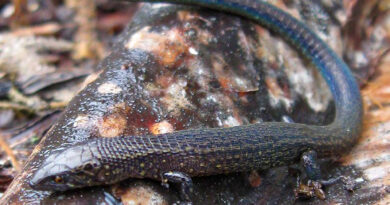New Study Shows Omega 3 Found In Fish Destroys Tumours Within Days
Eating more fish like mackerel and salmon or enriched hens’ eggs could help prevent cancer after a study by top scientists in Belgium revealed that acids found in omega-3 can kill tumour cells in just days.
The groundbreaking study was conducted by researchers at the University of Louvain (UCLouvain), one of Belgium’s largest universities, with numerous facilities located in Louvain-la-Neuve, Charleroi, Tournai, Mons, and the capital city Brussels.
Newsflash spoke with Faculty of Bioengineering Professor Yvan Larondelle of UCLouvain in an exclusive interview and he said that DHA “might contribute in our fight against cancer and especially against the metastatic process.”
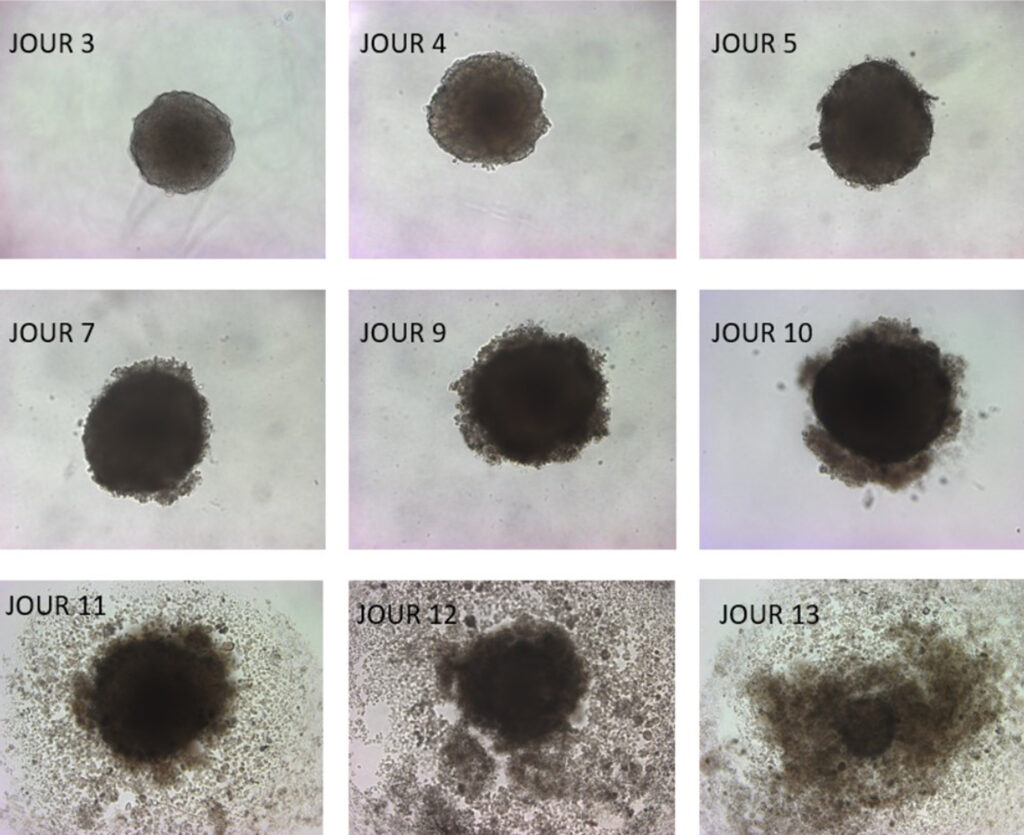
In a statement obtained by Newsflash, the scientists who authored the multidisciplinary study, PhD candidate in bioengineering and pharmacology Emeline Dierge, Institute of Experimental and Clinical Research Professor Olivier Feron, and Professor Larondelle, explained that one of the acids that makes up omega-3 is called Docosahexaenoic (DHA for short). Professor Larondelle explained that the “work has been mainly conducted by Emeline DIERGE under our co-supervision.”
They said that they have now found that DHA, which is “crucial to brain function, vision and the regulation of inflammatory phenomena”, can “slow the development of tumours.”
Labelling the find a “major advance” in the field, the team, which specialises in oncology (the study of cancer), said that it all started when Professor Feron found out in 2016 that “cells in an acidic microenvironment (acidosis) within tumours replace glucose with lipids as an energy source in order to multiply”.

After discussing his discovery with his colleague Professor Larondelle, they decided to combine their skills in a research project led by PhD candidate Emeline Dierge, “to evaluate the behaviour of tumour cells in the presence of different fatty acids.”
Thanks to the support of the Fondation Louvain, the Belgian Cancer Foundation and the Televie telethon, they quickly found out that “certain fatty acids stimulated the tumour cells while others killed them.”
They added: “DHA literally poisons them.”

Professor Larondelle told Newsflash: “DHA and some other highly unsaturated fatty acids (HUFA) kill the cancer cells when these cells modify their metabolism from glucose to fatty acids upon acidification of their microenvironment in the developing tumors. In fact, these cells become addict to fatty acids at that stage. They thus collect large amounts of fatty acids from their direct environment.
“If DHA or other HUFA are in the neighborhood, they are pumped into the cells where they become poisons through a peroxidation mechanism leading to a specific cell death called ferroptosis. The good news is that DHA and the other HUFA are not toxic for the other cells.”
This natural tumour poison “acts on tumour cells via a phenomenon called ferroptosis, a type of cell death linked to the peroxidation of certain fatty acids”, the researchers explained in their statement.

The statement also said: “The greater the amount of unsaturated fatty acids in the cell, the greater the risk of their oxidation.
“Normally, in the acidic compartment within tumours, cells store these fatty acids in lipid droplets, a kind of bundle in which fatty acids are protected from oxidation.
“But in the presence of a large amount of DHA, the tumour cell is overwhelmed and cannot store the DHA, which oxidises and leads to cell death.
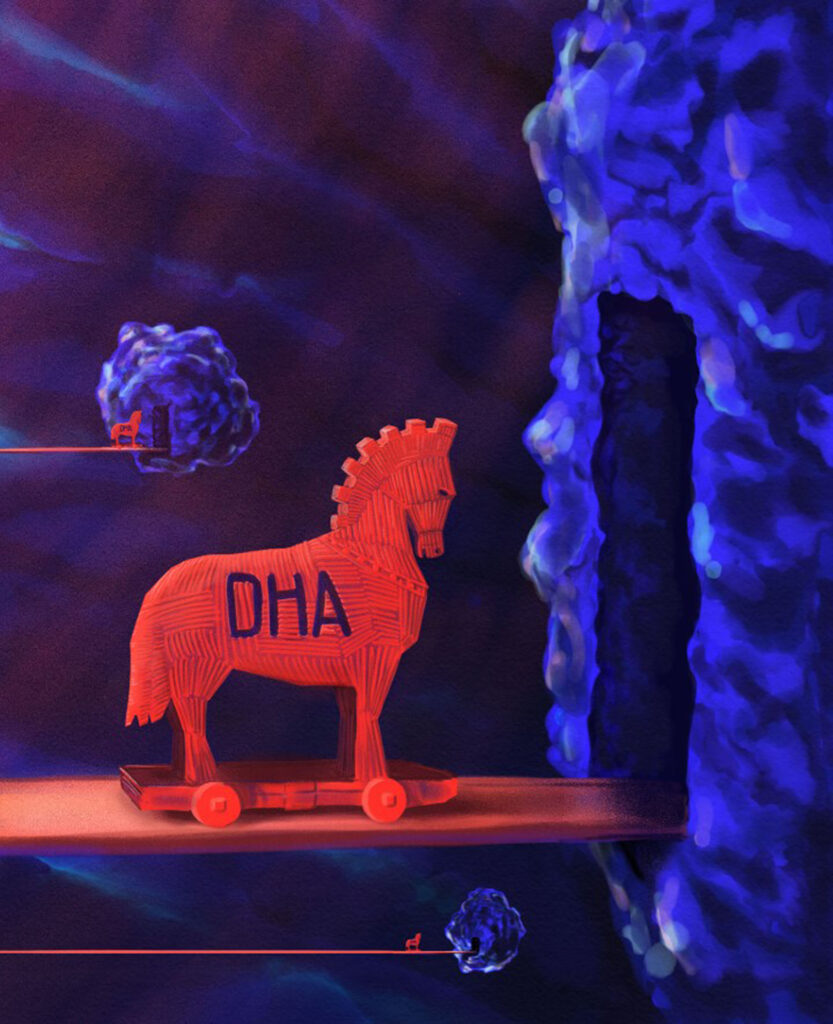
“By using a lipid metabolism inhibitor that prevents the formation of lipid droplets, researchers were able to observe that this phenomenon is further amplified, which confirms the identified mechanism and opens the door to combined treatment possibilities.”
To conduct their study, they used a “3D tumour cell culture system, called spheroids”, which “imploded” when in the presence of DHA.
They added: “The team also administered a DHA-enriched diet to mice with tumours. The result: tumour development was significantly slowed compared to that in mice on a conventional diet.”
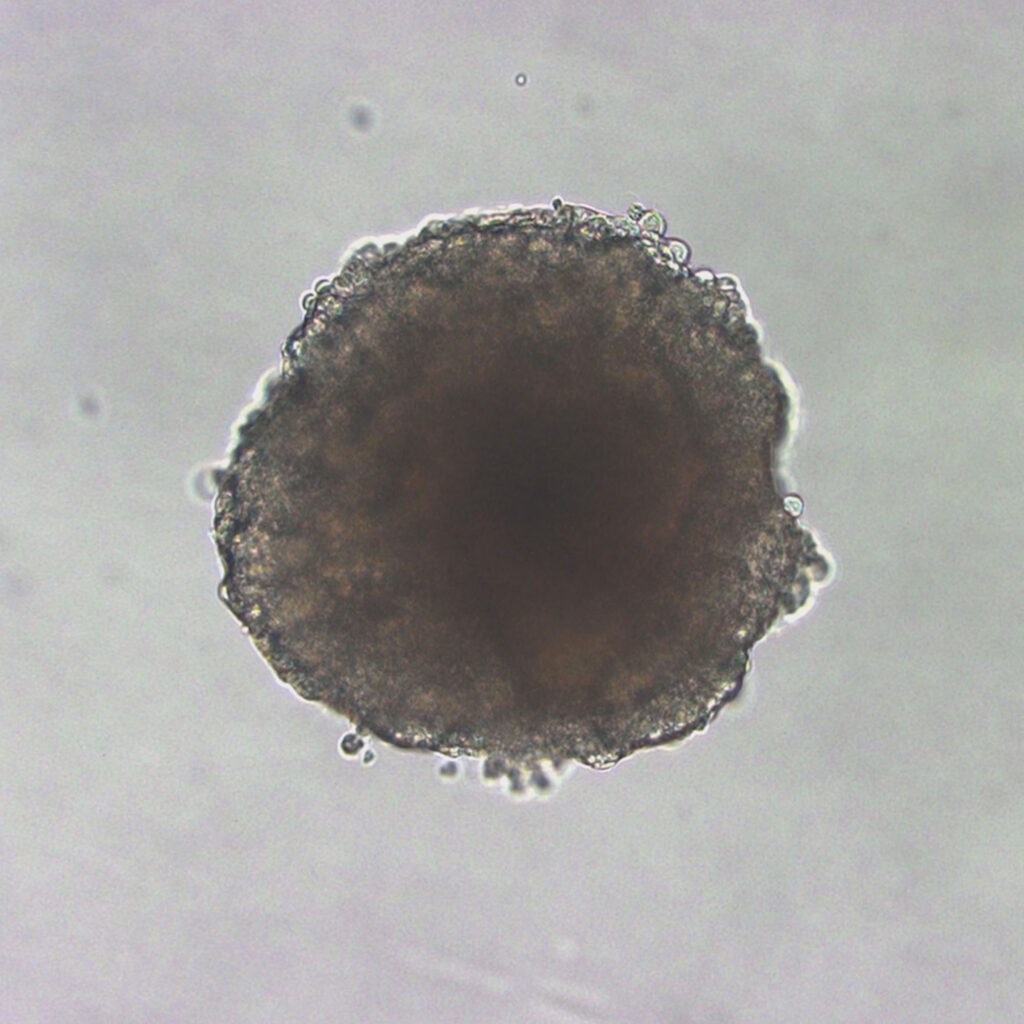
While insisting on the fact that more research is needed, the researchers recommend in the meantime that we should increase our DHA intake.
Currently, the minimal nutritional recommendation to avoid deficiencies is set at 250 mg of DHA per day. This value is however likely to be largely insufficient to fight against cancer.
Studies show that the Western European diet provides on average only 50 to 100 mg of DHA per day. This is well below the minimum recommended intake and undoubtedly far below the effective dose to avoid metastases.”
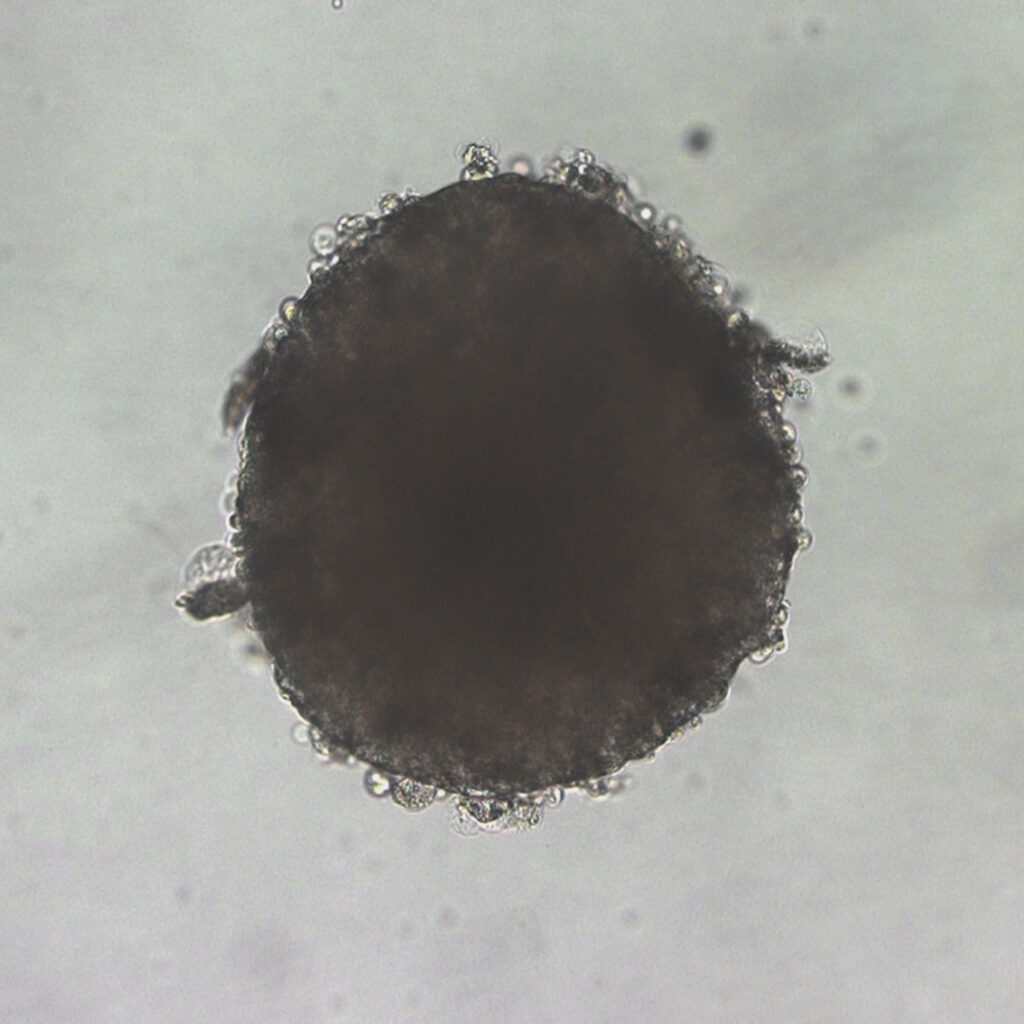
The study has been published in the prestigious Cell Metabolism journal.
According to the US Food and drug administration, a typical fish oil supplement dose holds about 1,000 mg of fish oil, which contains 120 mg of DHA. The World Health Organization recommends that adults consume at least 250 mg to 500 mg of long-chain omega-3 every day.
According to the US Department of agriculture, one serving of mackerel or salmon contains over 4,000 mg of omega-3, making it extremely dense source of DHA.

